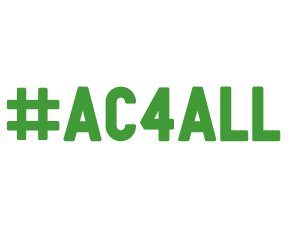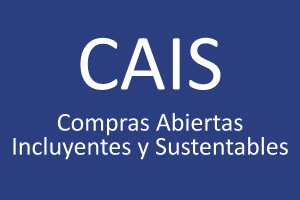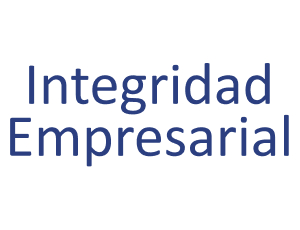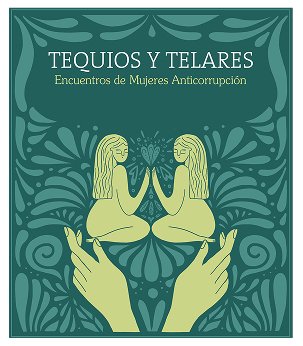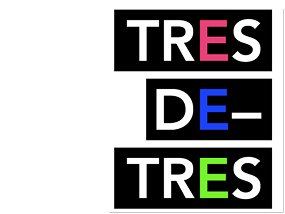- ¿QUIÉNES SOMOS?
- Programas
- Programa de Diagnóstico, Medición y Evaluación de Impacto
- Unidad de Monitoreo de Procesos
- Programa de Convenciones y Mecanismos Internacionales Anticorrupción
- Programa Sectorial en Educación y Rendición de Cuentas
- Programa de Integridad en el Financiamiento Climático (CFIP)
- Programa Editorial
- Iniciativa para el Fortalecimiento de la Institucionalidad de los Programas Sociales (IPRO)
- Programa de Investigación sobre Ciudadanía y Mercados
- BIBLIOTECA
- Comunicados de Prensa
- RENDICIÓN DE CUENTAS
- CONTACTO
In Mexico, tackling climate change starts with corruption
Some countries — the United States, China, India — have enormous influence over the outcomes of this year’s critical climate negotiations: Their commitments to cutting carbon emissions will decide whether we succeed or fail to tackle climate change.
Other countries, on the other hand, are hugely vulnerable to the impact of climate change — like Bangladesh or the Maldives — but unfortunately have little leverage over its course.
My country, Mexico, deserves to be in another category: climate innovators. Not due to the size of its carbon emissions or the climate impact that it faces, but because Mexican leaders, in recent years, have understood that our response to climate change isn’t simply about environmental protection.
It’s about power, too.
How? By tackling corruption and promoting greater government transparency.
Climate change, corruption and opaque government — no country escapes these dangers
Climate change and corruption share many symptoms.
They hit the poorest first and worst. They are caused by powerful individuals or entities seeking short-term gain. In the long term, they put livelihoods at risk and threaten entire economies. They thrive on the flaws of national governments: You need strong global cooperation to stop them.
Around the world, people are realizing just how dangerous both are. Earlier this year, Barack Obama called climate change the greatest-ever threat to future generations. More recently, Pope Francis delivered a major encyclical encouraging societies and markets to act on climate change.
And while the volume of investment going to tackling climate change is increasing, there is also greater global attention going to how money simply vanishes from poorer countries. Last year, the campaign group ONE revealed that a trillion U.S. dollars disappear from developing countries each year through corruption.
On both issues, Mexico’s leaders are starting to show a way.
Let’s start with corruption: In May this year, Mexico’s president enacted a constitutional amendment to create a new and far-reaching “national anti-corruption system.” Among its eye-catching reforms are corruption tribunals and a special prosecuting attorney for corruption cases. In a country where scandals of graft make headlines on a regular basis, this is a welcome first step. Now it is down to each of the 31 federal states to implement these reforms. This will likely take years.
Meanwhile, action on climate change will be measured in decades, not years. And here too, Mexico’s leadership is taking steps to act. Earlier this year, the world cheered Mexico for being the first developing country to submit its climate action plan to the United Nations, committing to reduce national emissions by almost a quarter by 2030. The U.N. climate convention expects all countries to state their national vision before November’s COP21 in Paris, France.
Despite some claiming the announcement was too vague on implementation, it was a welcome and pioneering position in the U.N. climate negotiations — where more bold leadership is badly needed.
Mexico can also take some credit for the U.N. climate summit it hosted in Cancún back in 2010, which mandated the creation of the Green Climate Fund, a multilateral fund for rich countries to support developing countries reduce their emissions and prepare for climate change’s consequences. The GCF is expected to become the main mechanism for “climate finance,” the catchall term for climate change-related aid.
In the long run, stopping climate change is about money
Climate finance is where the twin dangers of corruption and climate change come together: how can you tackle climate change if you lack a strong system to ensure transparency in how the money is spent — or indeed, in how its investments are decided?
That’s precisely where the challenge lies: In the long run, climate change will be solved not by rhetoric or pledges at summits — but by money and how it is spent. The real test for Mexico, like any nation in the world, will be whether climate finance is invested by accountable institutions that keep climate money clean and safe from corruption.
In 2012, Mexico’s government passed a landmark climate change law. This provided for the creation of a national climate fund, which began operations in 2014. Following a request from a group of civil society organizations, NGOs were invited to become observers at its meetings. This is, among others, a step forward for transparency and accountability in climate finance.
A way forward
In the fight against both climate change and corruption, Mexico is showing a way forward. we at Transparencia Mexicana — like many colleagues in civil society — look forward to working with the government and go further still. We are only at the beginning.
And already, we’ve found instances where climate finance decisions need to become more participative, and where chains of accountability must become clearer and stronger. In the state of Chiapas, for example, locals complained that they had little say in a scheme designed to protect their forests (under the U.N. REDD+ program, which invests money to prevent deforestation and support forest communities).
We are also taking steps to make climate finance more transparent. While the government prepares a national strategy for climate finance and a methodology to track how the money gets spent “on the ground,” civil society has created a platform, on an open data format, where climate money can be geolocalized and sorted by project, funders, and as a share of the climate finance Mexico has received so far from international flows.
In Mexico’s ambitious reforms on anti-corruption, transparency and climate change, we see the early makings of a possible blueprint for other developing countries to face some of the greatest threats of our time — at the same time.
In the end it is we, the citizens, who must benefit. So it’s our duty to act as watchdogs — on climate change, on corruption, on government opacity — at every step.





